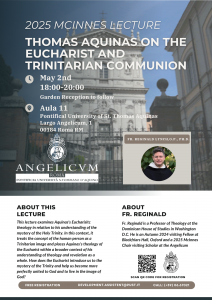Dialogue across philosophical traditions, like dialogue across disciplinary fields, is a dangerous enterprise. It comes with the danger of misunderstanding and the danger of being misunderstood, the danger of creating difficulties where no difficulties exist, and the danger of dismissing difficulties that will not go away even if we ignore them. In the contemporary philosophical academy, moreover, these dangers are only aggravated by widespread institutional pressures for philosophers to specialize their research. The more we dedicate ourselves to a single topic, within a single field of a single philosophical tradition, the less likely we are to engage with scholars who work on other topics in other fields—lets alone other philosophical traditions.
At the same time, dialogue also seems to be uniquely characteristic of philosophy. This is true not just because some of the greatest philosophical works were written in dialogue form, or because philosophy, historically, seems to have sprung out of a dialogical context, but more importantly because philosophers seem to be uniquely well suited for dialogue: we dialogue with physicists and film-makers, mathematicians and musicians, historians, politicians, theologians, and a great many others. It would be strange, indeed, if philosophers can dialogue widely beyond the bounds of their own discipline, but cannot dialogue widely within the bounds of their own discipline.
The purpose of this conference, then, is to explore the possibility of dialogue between two rich philosophical traditions, namely, Thomism and analytic philosophy. We will neither shy away from the dangers that come with attempting such a dialogue, nor will we turn a blind eye to the benefits that such dialogue may bring. Moreover, we will be even-handed in our representation of the two traditions. By discussing both the perils and the promises of dialogue from both the Thomistic and the analytic perspectives, we hope that this conference will serve as an example and an impetus for future collaboration between philosophers in these two traditions.




